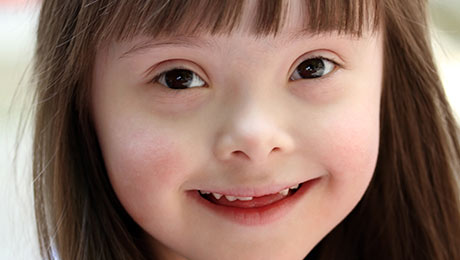 The Maternal & Child Health Bureau describes children with special health care needs as “those children who have or are at risk for chronic physical, developmental, behavioral or emotional conditions and who also require health and related services of a type or amount beyond that required by children generally.” It is estimated that over 15% of children, totaling more than 11 million children, in the US have special health care needs, accounting for about one in five households.
The Maternal & Child Health Bureau describes children with special health care needs as “those children who have or are at risk for chronic physical, developmental, behavioral or emotional conditions and who also require health and related services of a type or amount beyond that required by children generally.” It is estimated that over 15% of children, totaling more than 11 million children, in the US have special health care needs, accounting for about one in five households.
It is likely that increased screening, improved diagnosis, and improved management of chronic conditions allows children to live longer, therefore contributing to increased rates of children diagnosed with special health care needs. However, it is likely that many more children with special health care needs remain unidentified by the health care system for a variety of reasons.
Read more ...For example, as with many health outcomes, communities of color are likely to experience underreporting and greater barriers in accessing services and health care, and thus face a greater burden from chronic conditions. While researchers have learned a great deal about the experiences of children with special health care needs, it is crucial we gain a deeper understanding about the resources these children and families need to be successful. Currently, some of the most salient issues for families of children with special health care needs are identification and treatment of secondary conditions, access to services, improved coordination of services (medical home), family-centered care, and the mental health of children and their families.
Within the Healthy People 2020 objectives, the following goals under the topic Disability and Health are specifically directed at children with special health care needs:
- DH-5 — Increase the proportion of youth with special health care needs whose health care provider has discussed transition planning from pediatric to adult health care
- DH-14 — Increase the proportion of children and youth with disabilities who spend at least 80 percent of their time in regular education programs
- DH-20 — Increase the proportion of children with disabilities, birth through age 2 years, who receive early intervention services in home or community-based settings